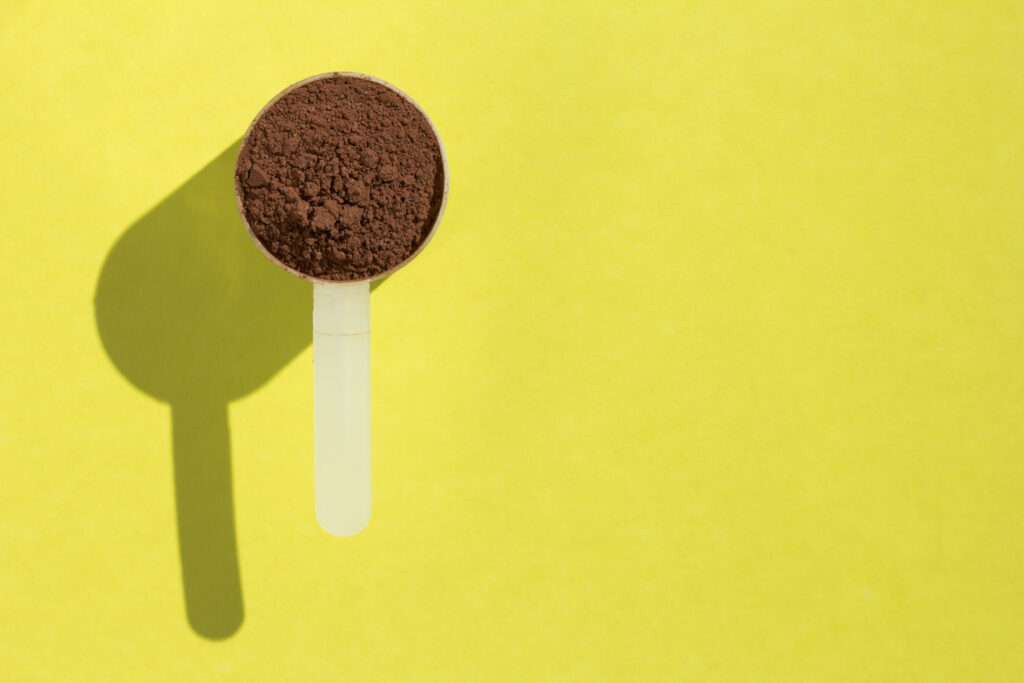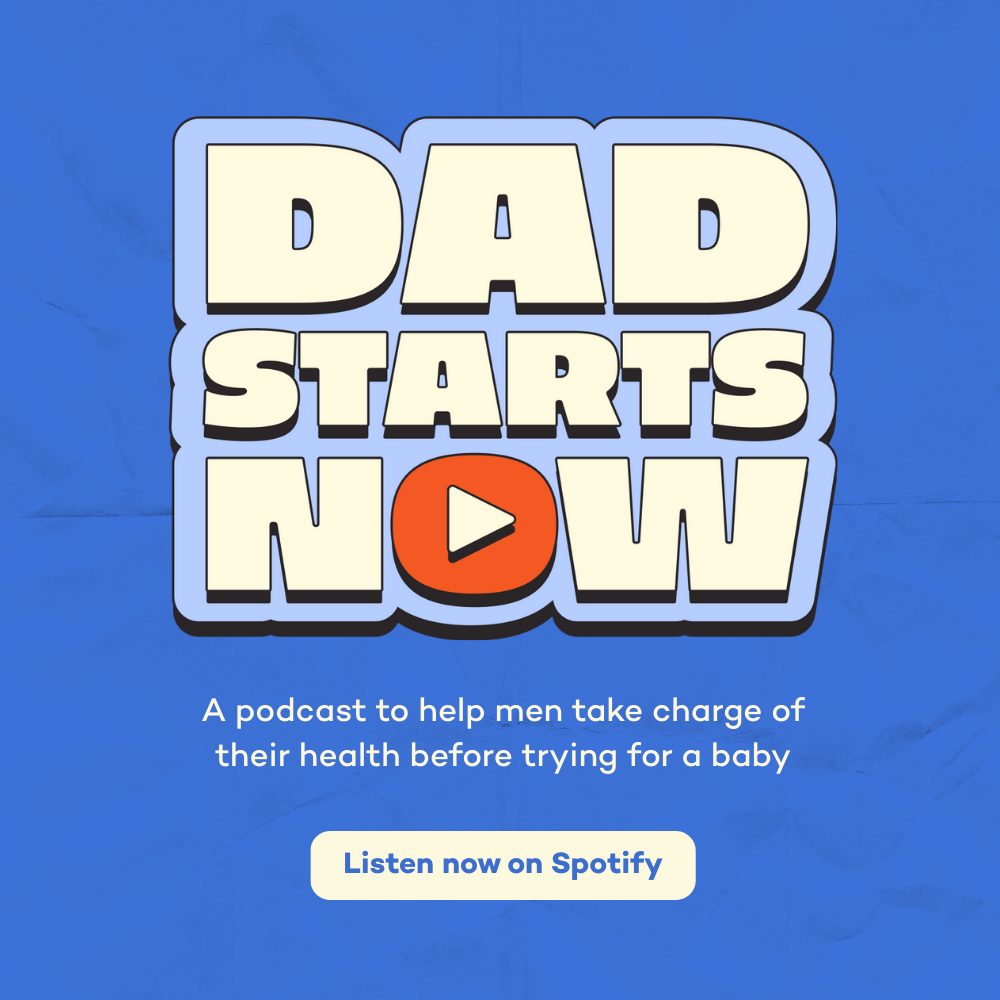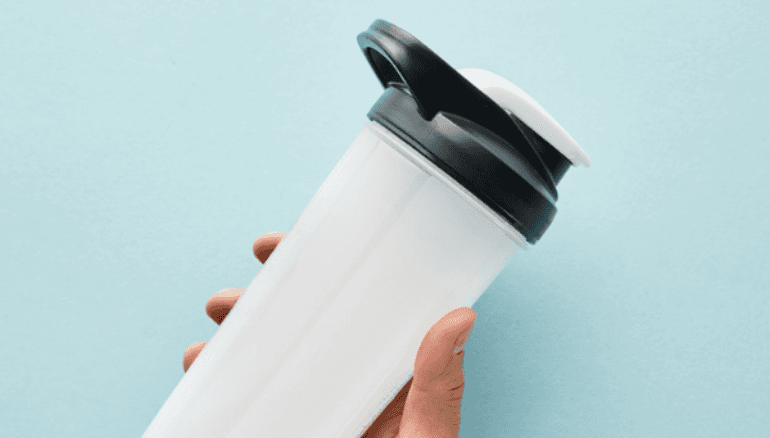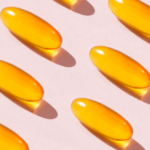There’s growing awareness about the things men can do to improve their chances of conceiving — from cutting back on booze to losing a few kilos — but considering your use of protein supplements isn’t typically on the pre-baby to-do list.
Casting a critical eye over your protein shake of choice could be important for your fertility, as there is a risk of contamination from undeclared anabolic androgenic steroids.
What are anabolic steroids and what are their health risks?
Anabolic steroids, also known as anabolic-androgenic steroids, include testosterone (the hormone that causes male body characteristics) and man-made variations of the hormone that have similar chemical structures and effects on the body. Testosterone has legitimate medical use in helping to treat hormonal problems and in these instances, is prescribed by a doctor.
In Australia, anabolic steroids are classed as performance and image-enhancing drugs (PIEDs) and their misuse is illegal. Athletes, bodybuilders, and some recreational gym-goers may use anabolic steroids illegally to improve their physical appearance and to enhance their sporting performance, as the drugs increase lean muscle mass, reduce fat, and speed up recovery.
Misuse of steroids carries significant health risks and has been linked to serious conditions, including cardiovascular disease, liver and brain damage, rhabdomyolysis, and embolism. Side effects also include gynaecomastia, acne and — more concerningly for those trying to get pregnant — infertility.
How do anabolic steroids affect male fertility?
A small pilot study on 20 men going through fertility treatment found abstaining from protein supplements for a median period of 4.5 months was associated with a 2.6 times increase in sperm concentration, compared to baseline sperm concentration1. The authors linked these findings to previous studies that showed protein supplements contained prohibited anabolic androgenic steroids, which were not declared on the label.
Although the research has a range of significant limitations, Prof Robert McLachlan AM, andrologist and Medical Director of Healthy Male, says the message reflects what he sees in his patients. Androgen misuse turns off the brain’s normal drive to stimulate the testicles to make sperm and testosterone. As a result, sperm production falls markedly and the testes reduce in size.

“If these protein supplements don’t just contain protein but contain sex steroid metabolites that suppress the pituitary gland they will act like any other steroid injection or tablet,” Prof McLachlan says. “It will suppress the pituitary’s drive to the testicle and turn down sperm production.”
When these drugs are stopped, it can take months for sperm production to get back to normal.
“It depends on what dose they’ve been on, how long they’ve been on it and what the mix of the unrecognised compounds might be.”
How likely is your protein supplement to be contaminated with anabolic steroids?
A 2017 study found that of 112 supplements assessed — available from the Australian market, either over the counter or via the Internet — more than one in 20 contained anabolic steroids that were not declared on the labels.
International research found that 14.8% of 634 non-hormonal nutritional supplements — sourced from 13 European countries and the US — contained undeclared anabolic androgenic steroids3. However, experts agree that some sources are more reliable than others, and there are ways to reduce your risk of accidental contamination.
How to reduce your risk
“If you’re buying an Australian-made protein powder, chances of contamination are generally going to be lower,” says Stefanie Valakas, an Accredited Practicing Dietitian specialising in reproductive health and fertility nutrition.
Most of the protein powders, bars, and drinks you’ll find on shelves contain whey protein isolate, which is derived from dairy products. Australian and New Zealand dairy products are robustly regulated by Food Standards Australia New Zealand (FSANZ) and are your lowest-risk supplements.
Vegan and vegetarian options, which use pea, rice, and hemp protein, have more varied, often international sources and a higher-risk supply chain.
There are certifications that ensure rigorous testing of sports supplements. HASTA is Australia’s largest independent sports supplement drug testing laboratory that provides certification of sports supplements for professional athletes. It screens over 200 World Anti-Doping Agency (WADA) prohibited substances, which include anabolic agents.
“Taking a supplement that’s been independently tested gives you a different layer of reducing your risk of it being contaminated with a stimulant or steroids, that you weren’t expecting to be taking.”
– Jane Smithers, National Business Development Manager at HASTA
Other international certification schemes include Informed Sport and Certified for Sport. Look out for their labels on protein products.
“Alternatively, striving to meet protein requirements through diet by incorporating meat and chicken, fish, eggs, tofu, legumes and beans would completely eliminate this risk altogether,” Valakas says.















